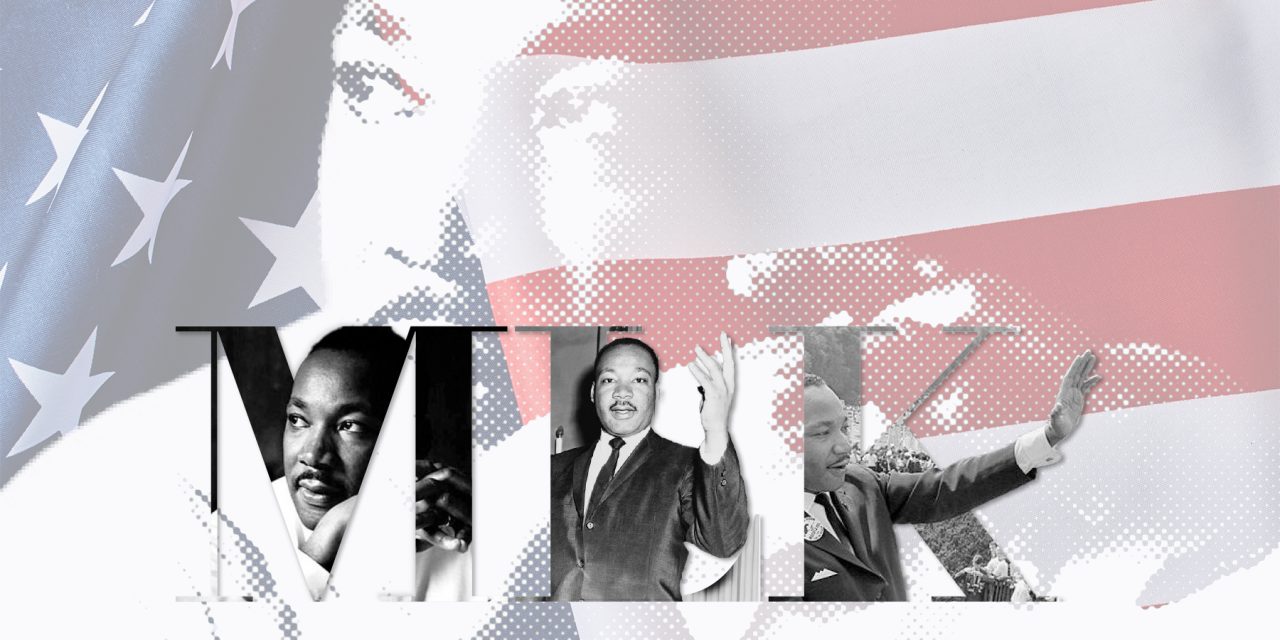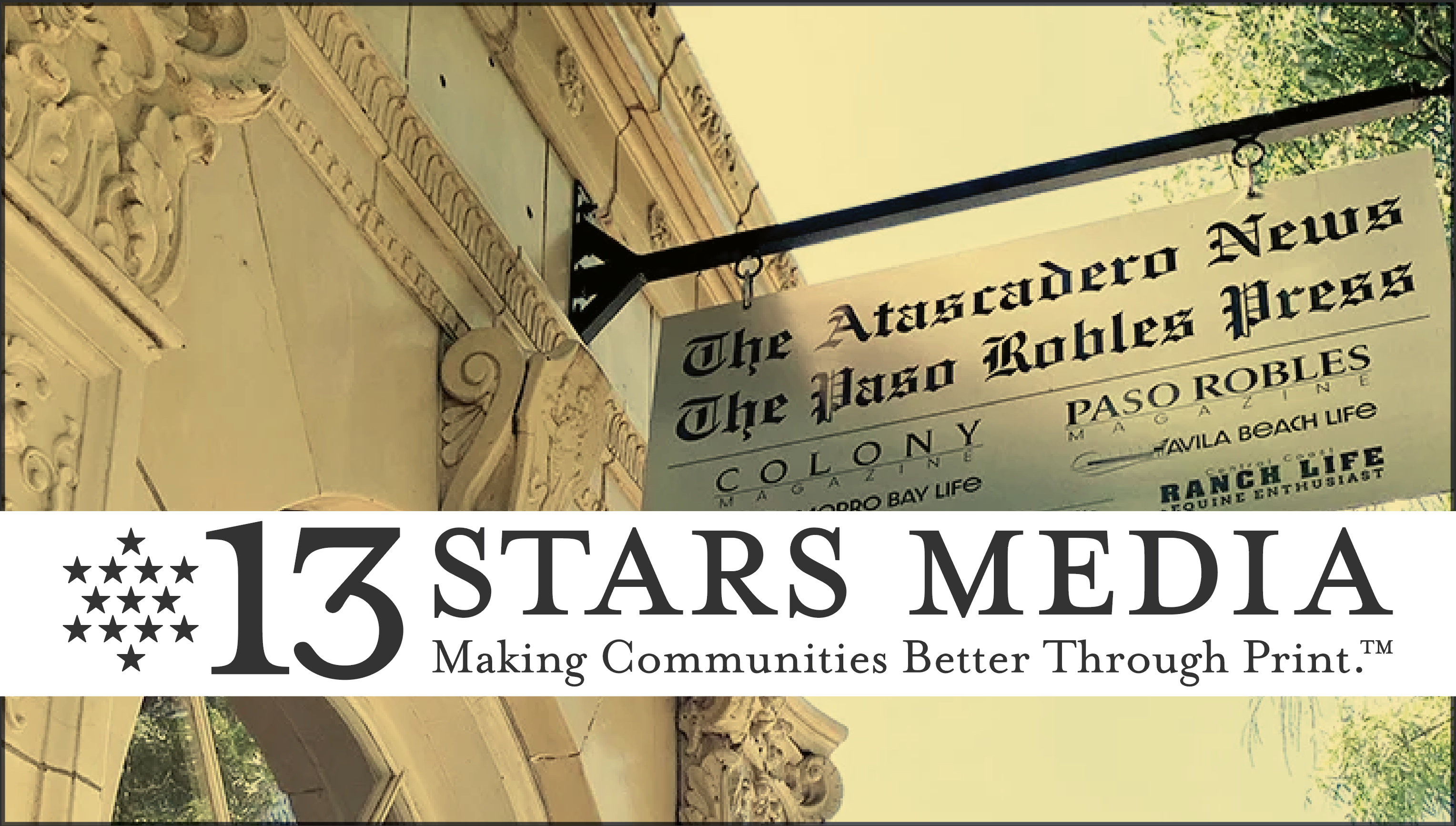“I say to you today, my friends, so even though we face the difficulties of today and tomorrow, I still have a dream.
It is a dream deeply rooted in the American dream.
I have a dream that one day this nation will rise up and live out the true meaning of its creed, ‘We hold these truths to be self-evident, that all men are created equal.’
I have a dream that one day on the red hills of Georgia, sons of former slaves and the sons of former slaveowners will be able to sit down together at the table of brotherhood.
I have a dream that one day even the state of Mississippi, a state sweltering with the heat of injustice, sweltering with the heat of oppression, will be transformed into an oasis of freedom and justice.
I have a dream that my four little children will one day live in a nation where they will not be judged by the color of their skin but by the content of their character.
I have a dream today!”
Rev. Dr. Martin Luther King, Jr., delivered the iconic “I Have a Dream” speech to a crowd of thousands at the March on Washington, August 28, 1963.
King’s most important work applied America’s Founding ideals to the cause of civil rights. The last best hope for true racial progress, King realized, was solidarity: For people to see and treat one another as equals, they had to feel the tugs of a bond far stronger than either race or politics, and for King, that bond was America.
After all, there are two words in the phrase “civil rights,” and King grasped that both are crucial. Civil rights are about the fair and equal participation of all citizens in the American community. For those rights to have any power, the bonds of that community must be close-knit and resilient.
“I criticize America because I love her,” King said in a speech about the Vietnam War, “and because I want to see her to stand as the moral example of the world.”
All American’s alike can learn from King’s example. “In the United States of America, every citizen should have the opportunity to build a better and brighter future. United as one American family, we will not rest, and we will never be satisfied until the promise of this great nation is accessible to each American in each new generation.”
The premise and promise of King’s dream is that we don’t need to replace or transform our nation’s shared ideals to make our country a better place.
We simply need to live up to them.
Martin Luther King Jr. lived an extraordinary life and left the nation yearning to do better. At 33, he was pressing the case of civil rights with President John F. Kennedy. At 34, King galvanized the nation with his “I Have a Dream” speech. At 35, he won the Nobel Peace Prize. Then at the young age of 39, he was assassinated.
King left a legacy of hope and inspiration that continues on today.
Monday, January 17, will mark America’s 37th celebration of Martin Luther King, Jr., life. Honoring King with the sacred status of a federal holiday, of which there are only ten, none other named for a 20th-century figure, is a testament to the unifying power of his legacy.
“I refuse to accept the view that mankind is so tragically bound to the starless midnight of racism and war that the bright daybreak of peace and brotherhood can never become a reality… I believe that unarmed truth and unconditional love will have the final word.” Martin Luther King, Jr.






